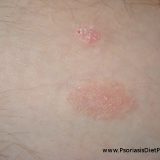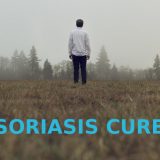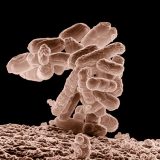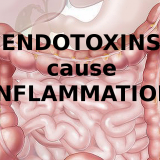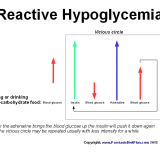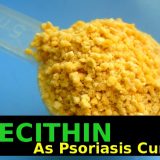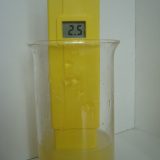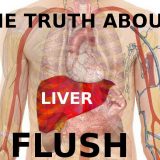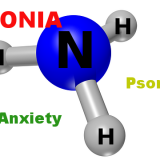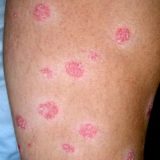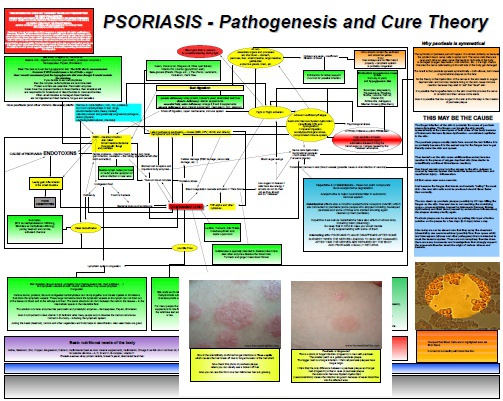Adrenaline: The Effects of Alpha and Beta Adrenergic Receptors on Vasoconstriction and Blood Flow in Psoriasis
Adrenaline plays a big role in psoriasis – whether it is the adrenaline released due to emotional stress or adrenaline released due to hypoglycemic episodes. The levels of adrenaline are statistically higher in psoriatics than healthy people or people with some other skin diseases. There are two types of adrenaline receptors – Alpha and Beta receptors. The two specific types I want to talk about in this article are – Alpha adrenergic receptor (mostly Alpha-1) and Beta-2 adrenergic receptor. Alpha…


